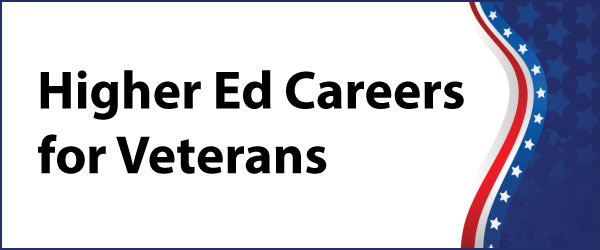
Are you trying to figure out how to keep building your knowledge and skillset while you balance work and personal responsibilities? Have you explored online learning options?
I’ll never forget when I interviewed for a job opportunity and I got feedback from the recruiter that the hiring manager thought I could do the job, but she didn’t think she could learn anything from me. At that moment, I felt both irritated that such a broad judgment was made on my experience and skills, but I also frustrated because I knew deep down that I hadn’t been the best at keeping on top of trends because of, well, life.
For a variety of reasons, I knew I couldn’t commit to an in-person educational program, but I could start small with some online classes. In case you didn’t know, online learning is the delivery of educational content through digital channels. I researched online learning options related to my field and found a wide range of options, from different types of providers with varying cost levels. I ultimately chose an e-learning provider that met my needs and budget and signed up for a few online classes.
Here’s why you should consider online learning:
1. Strengthen your skills and learn new ones for career advancement.
Catch up on the latest strategies and tools in your field and bolster your confidence. Or perhaps you’re interested in exploring a new career and you can start learning some basics related to it. These are all classes that you can include in your resume or use as evidence for that promotion and/or raise.
2. Fit it in when you can.
Want something quick or a deeper dive? How much time in a day or week can you do? Can you meet at a regular time, or do you prefer to learn at your own pace? You can decide, then find the options that help you achieve a healthy work-life balance.
3. Access top universities and industry-leading companies.
Interested in online courses at Stanford or Yale? Or perhaps you want to get online training from Salesforce or Google. Online learning has made it that much easier to learn more and sign up for these options.
4. Network with peers.
Online learning easily benefits from tools and resources that support online networking. Depending on your selected online learning environment, you may be able to easily connect with your fellow online learners to collaborate, build relationships, and expand your network.
5. Save time and money.
Join your online classes in the comfort of your home, or wherever you might be with your digital device. There’s no need to drive or take public transportation to a learning site. Additionally, you can save when you take advantage of sales and other promotions offered by some e-learning providers.
6. Get the benefits of a life-long learning mindset.
Online learning doesn’t always have to be directly related to your career development. Sign up for something that you’ve always wanted to learn, something practical or fun. Pursuing lifelong learning taps into a human desire for inspiration and challenges and provide new vistas for personal growth.
Online learning isn’t for everyone. Some people need support from the outside to keep them on task and time. For a successful online learning experience, you must be independent and active in finding your own path. If you’re into that, or at least willing to try, I highly recommend that you check it out and see if there’s anything that piques your interest.
Check out more Top Articles on HERC Jobs.
About the Author: Marcia Silva is the director of marketing and communications at the Higher Education Recruitment Consortium. She strives to create engaging, research-informed content that empowers job seekers and employers committed to creating inclusive workplaces. She is passionate about using digital media and technology to encourage participation and strengthen communities.










